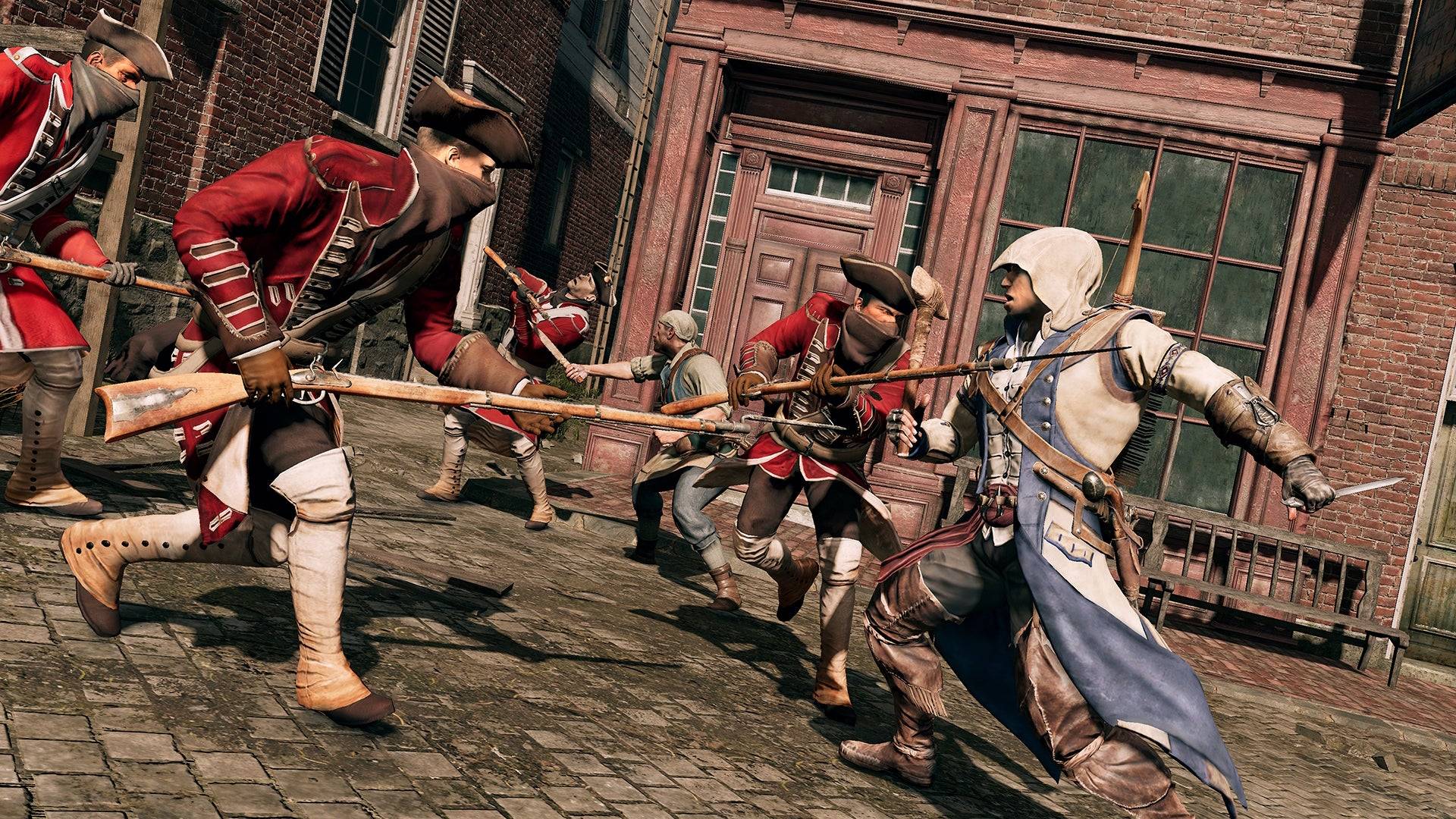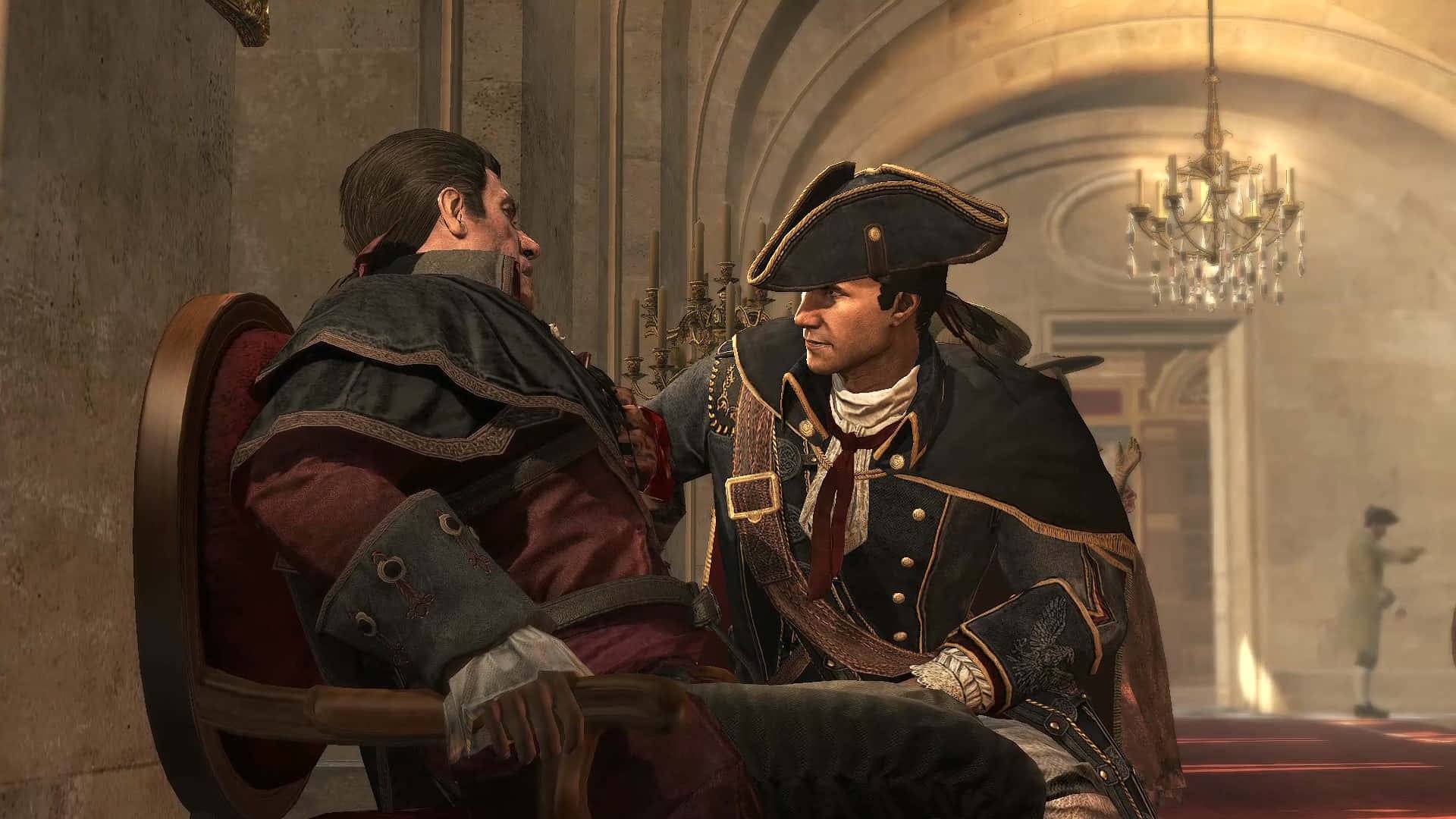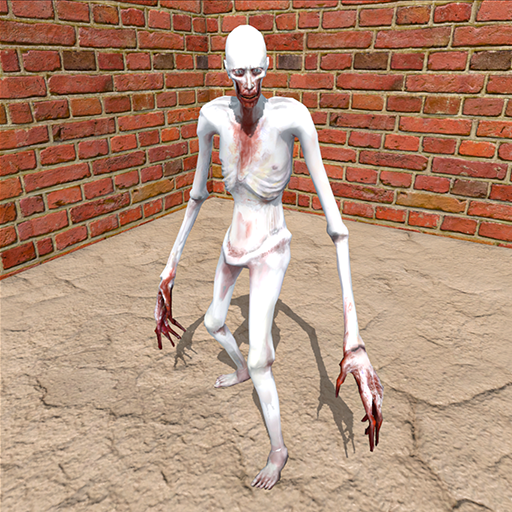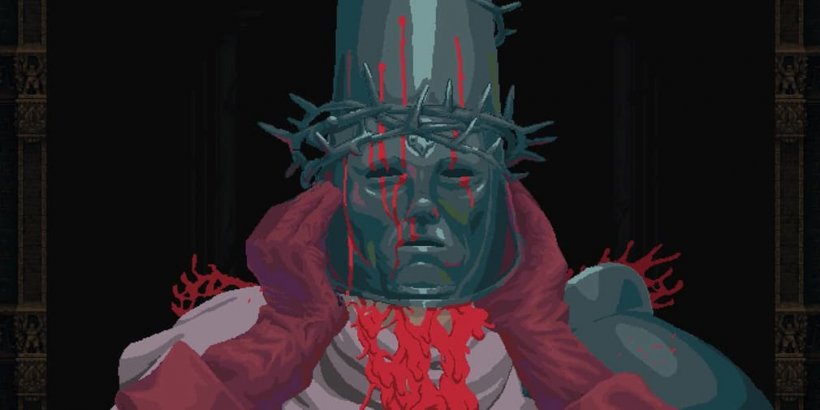Assassin's Creed 2 and 3: The Pinnacle of Series Writing
One of the most memorable moments in the entire Assassin’s Creed series occurs near the start of Assassin’s Creed 3, when Haytham Kenway has finished assembling his team in the New World. Players are initially led to believe they are following a group of assassins. Haytham, who wields a hidden blade and possesses the charisma of series icon Ezio Auditore, has, up until this point, played the role of a hero, freeing Native Americans from prison and confronting British redcoats. The twist comes when he utters the phrase, "May the Father of Understanding guide us," revealing that we have been following the Templars, the sworn enemies of the Assassins.
This surprising setup embodies the peak of Assassin’s Creed’s narrative potential. The original game introduced a compelling concept—find, know, and eliminate your targets—but it lacked depth in its storytelling, with both protagonist Altaïr and his targets lacking personality. Assassin’s Creed 2 improved this by introducing the more iconic Ezio, yet it failed to develop his adversaries fully, as seen with the underdeveloped Cesare Borgia in Assassin’s Creed: Brotherhood. It was not until Assassin’s Creed 3, set during the American Revolution, that Ubisoft devoted equal attention to developing both the hunted and the hunter. This approach created a seamless narrative flow from setup to payoff, achieving a delicate balance between gameplay and story that has yet to be replicated.

While the current RPG era of the series has been well-received, many fans and critics believe Assassin’s Creed is in decline. The reasons for this are debated, with some pointing to the increasingly fantastical elements, such as battles against gods like Anubis and Fenrir, while others criticize the introduction of romance options or the use of historical figures like Yasuke in Assassin’s Creed Shadows. However, I believe the decline stems from the series' shift away from character-driven storytelling, which has become overshadowed by expansive sandbox elements.
Over time, Assassin’s Creed has expanded its original action-adventure formula with RPG and live service elements, including dialogue trees, XP-based leveling systems, loot boxes, microtransactions, and gear customization. Yet, as the games have grown larger, they have begun to feel more hollow, not only in terms of repetitive side missions but also in their storytelling.
For instance, while Assassin’s Creed Odyssey offers more content than Assassin’s Creed 2, much of it feels less polished and immersive. The inclusion of player choice in dialogue and actions, intended to enhance immersion, often results in scripts that feel stretched thin across multiple scenarios, lacking the focused, screenplay-like quality of the earlier games. This dilutes the character development, making interactions feel more like encounters with generic NPCs rather than complex historical figures. The Xbox 360/PS3 era, in contrast, delivered some of the finest writing in gaming, from Ezio’s passionate speech after defeating Savonarola to Haytham’s poignant soliloquy upon his death at the hands of his son, Connor:
*"Don't think I have any intention of caressing your cheek and saying I was wrong. I will not weep and wonder what might have been. I'm sure you understand. Still, I'm proud of you in a way. You have shown great conviction. Strength. Courage. All noble qualities. I should have killed you long ago."*

The writing in the series has also suffered in other ways. Modern games often simplify the narrative to a clear-cut dichotomy of Assassins as good and Templars as bad, whereas earlier games explored the blurred lines between the two factions. In Assassin’s Creed 3, each defeated Templar challenges Connor's beliefs, with William Johnson suggesting the Templars could have prevented the Native American genocide, Thomas Hickey questioning the Assassins’ mission, and Benjamin Church arguing that perspective shapes reality. Haytham himself undermines Connor’s faith in George Washington, hinting that the new nation might be as despotic as the monarchy it replaced—a claim validated when it's revealed that Washington, not Charles Lee, ordered the burning of Connor’s village. By the game's end, players are left with more questions than answers, enhancing the narrative's depth.
Reflecting on the franchise’s history, the track "Ezio’s Family" from the Assassin’s Creed 2 score, composed by Jesper Kyd, became the series’ official theme due to its resonance with players. The PS3 games, especially Assassin’s Creed 2 and Assassin’s Creed 3, were fundamentally character-driven experiences. The melancholic guitar strings of "Ezio’s Family" were meant to evoke Ezio’s personal trauma rather than the game’s setting. While I appreciate the expansive worldbuilding and graphical advancements of the current Assassin’s Creed games, I hope the franchise will eventually return to delivering focused, character-driven stories that originally captivated fans. However, in today’s market, dominated by sprawling sandboxes and live service ambitions, such a return might not align with "good business" practices.
-
Pixar’s Elio, a new coming-of-age adventure story from the studio that excels at such tales, arrives in theaters on June 20. With this acclaimed animation studio’s latest release comes a perfect opportunity to reflect on the company’s 30 (!) years ofAuthor : Anthony Feb 16,2026
-
Fate War is now officially live worldwide. Published by IGG, this strategy game centers on surviving harsh cold climates and managing your tribe. Through the Tribe Bounty system, players participate in fair auction-style bidding.More Than Just EnduriAuthor : Aurora Feb 11,2026
- STALKER 2: Heart of Chornobyl - All Endings (& How to Get Them)
- Metaphor: ReFantazio - Complete Bond Guide
- Steampunk RPG Eldgear Unveiled by KEMCO
- NYT Hints and Answers: Guide to January 10, 2025
- Discover the Artifacts in Stalker 2: Locations and Acquisition
- Mushroom Go! Unleashes Co-op Dungeon Adventure for Fungi Fans























